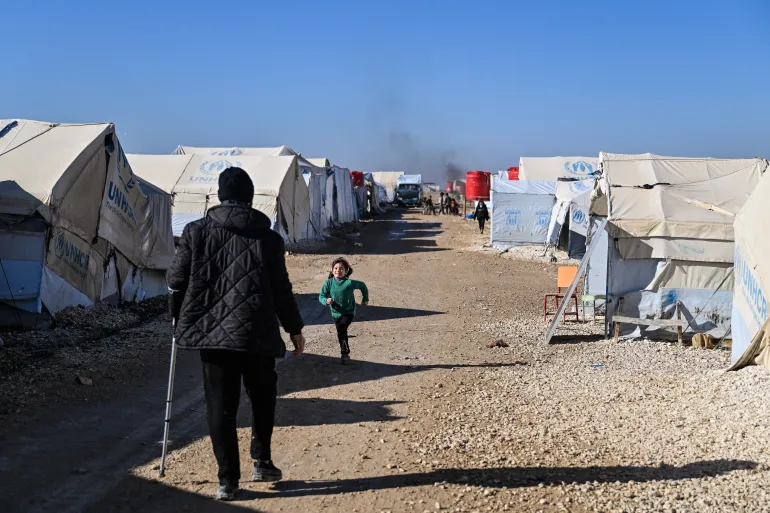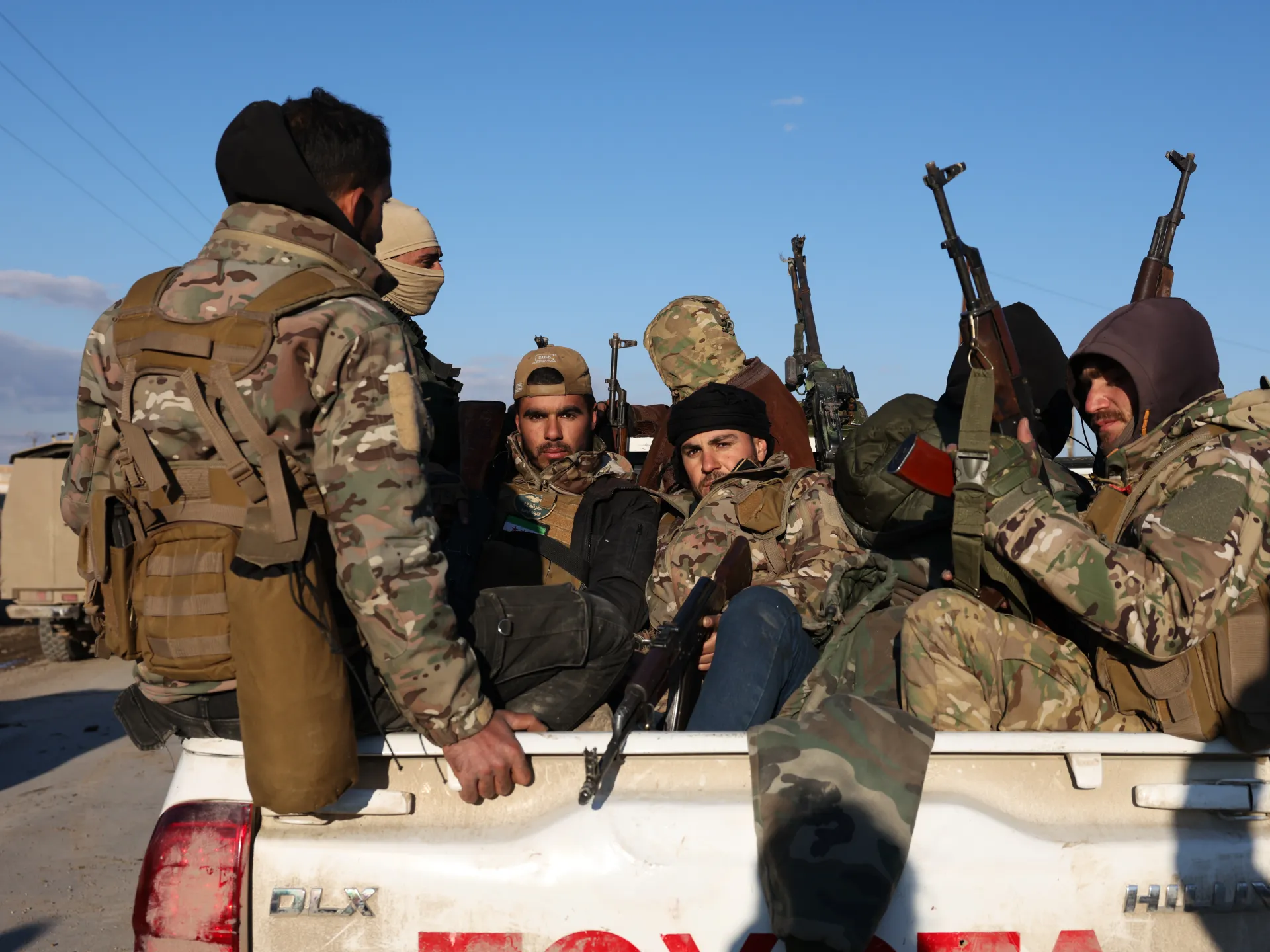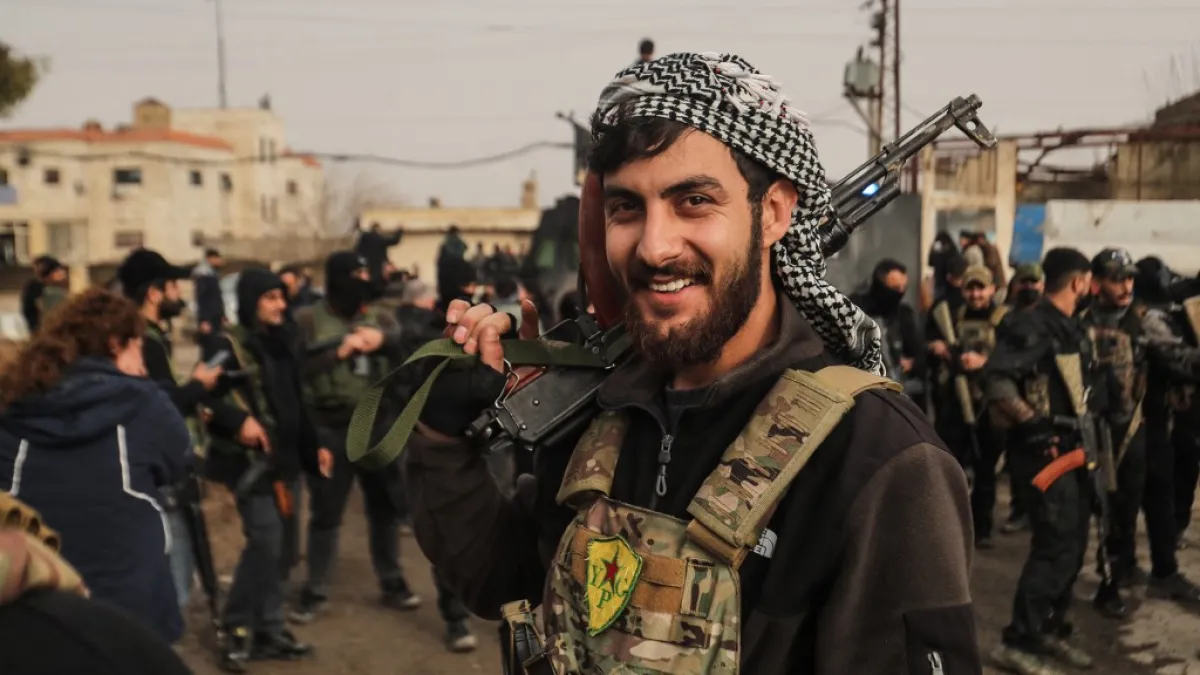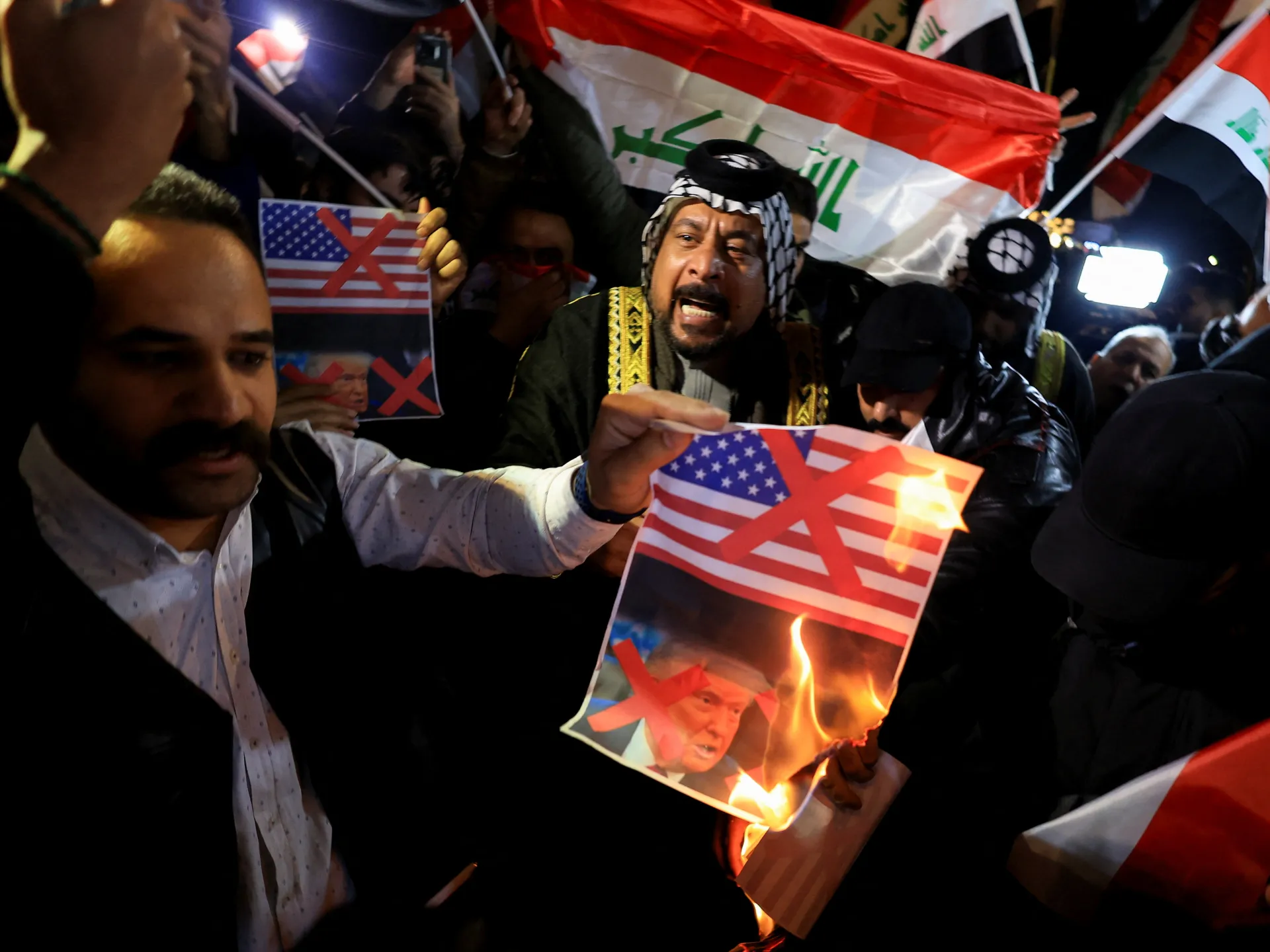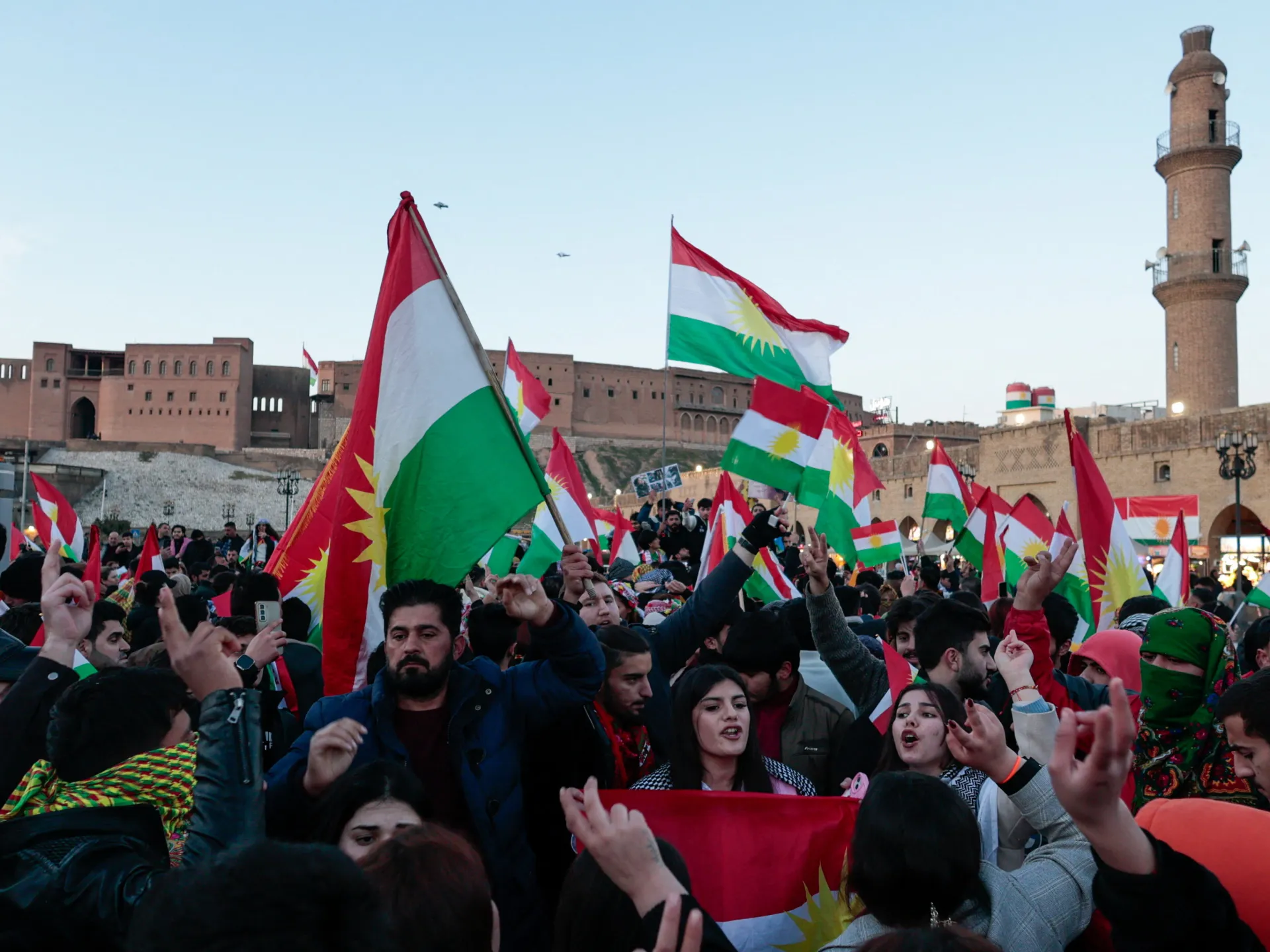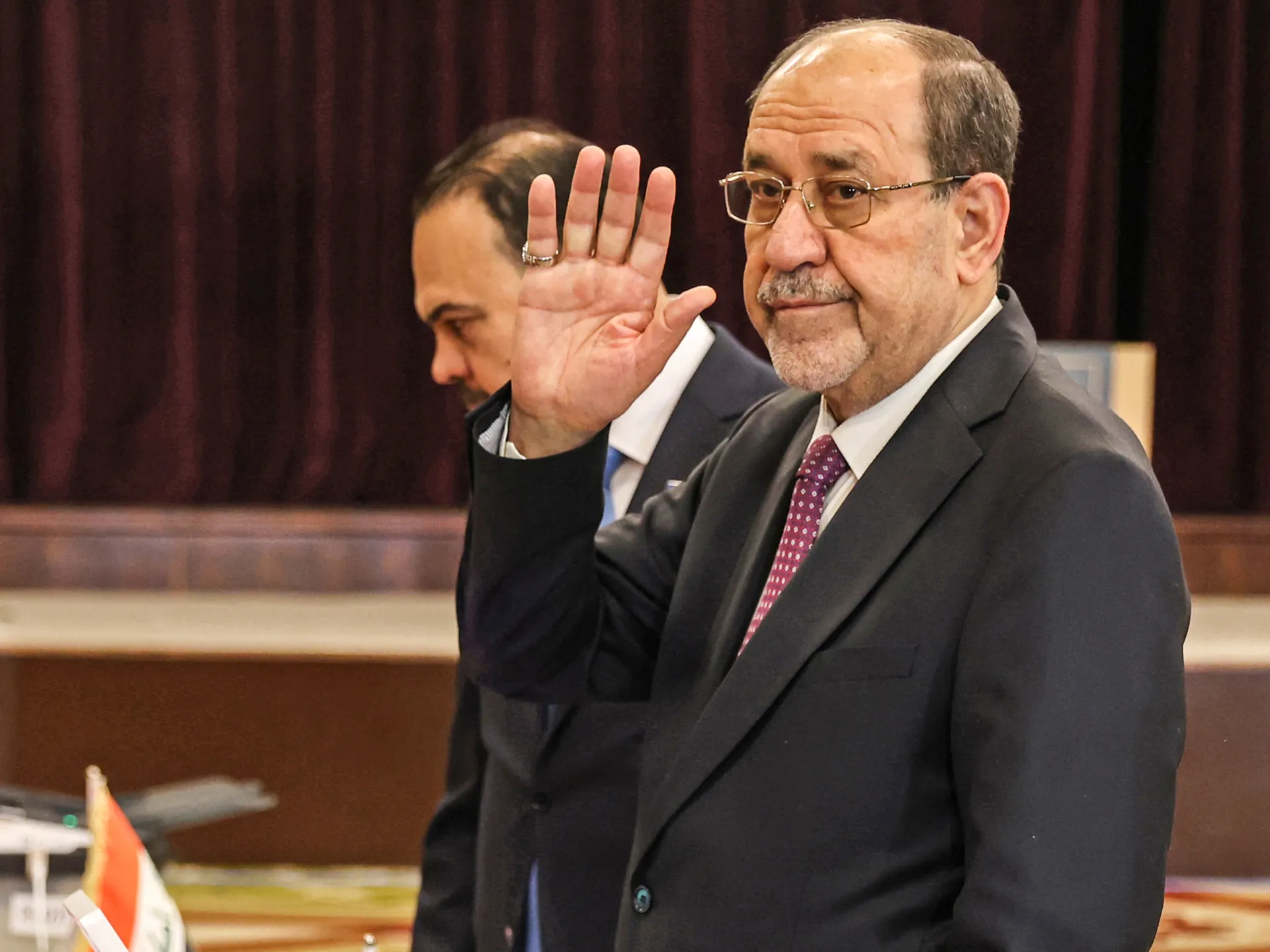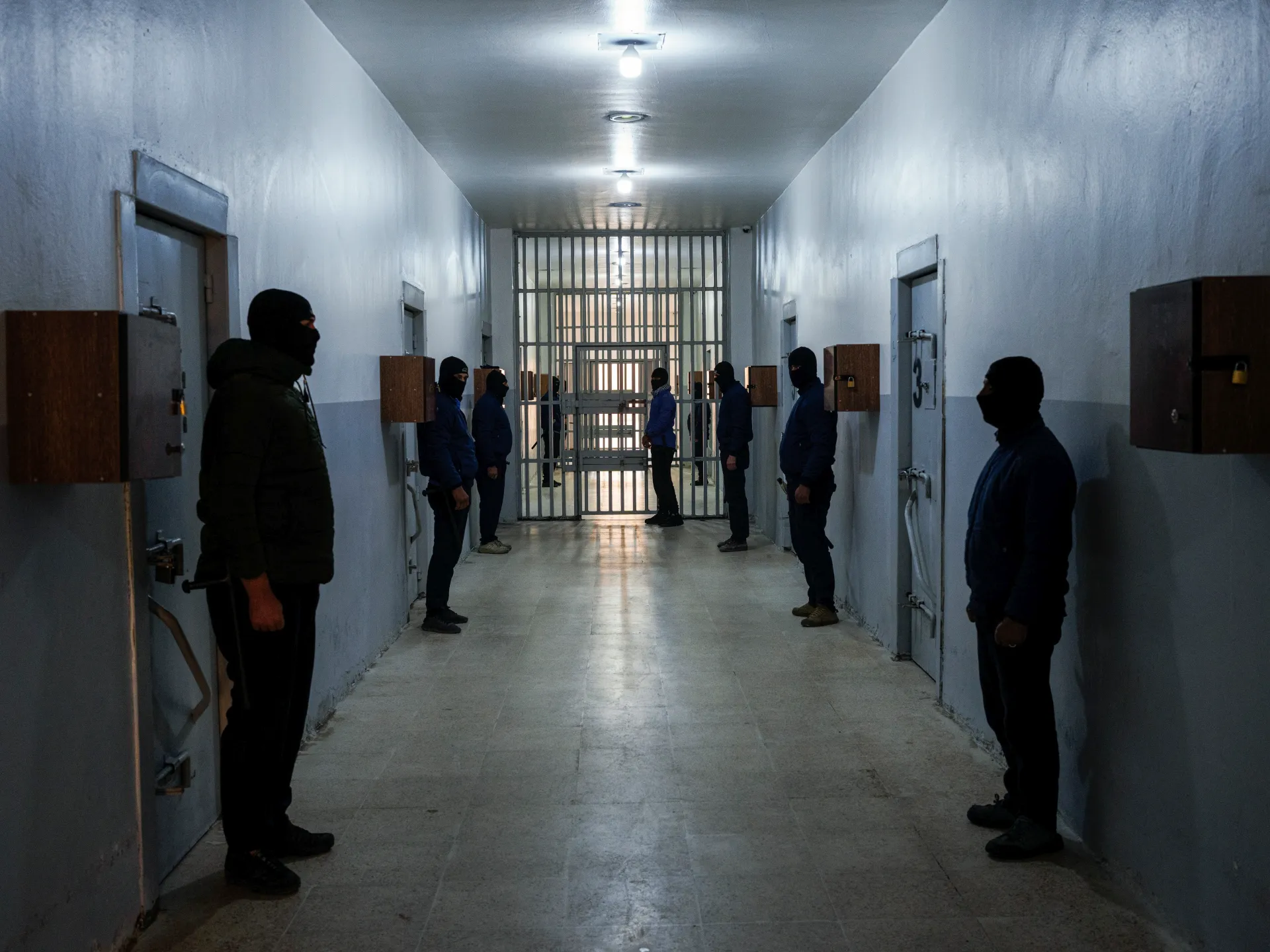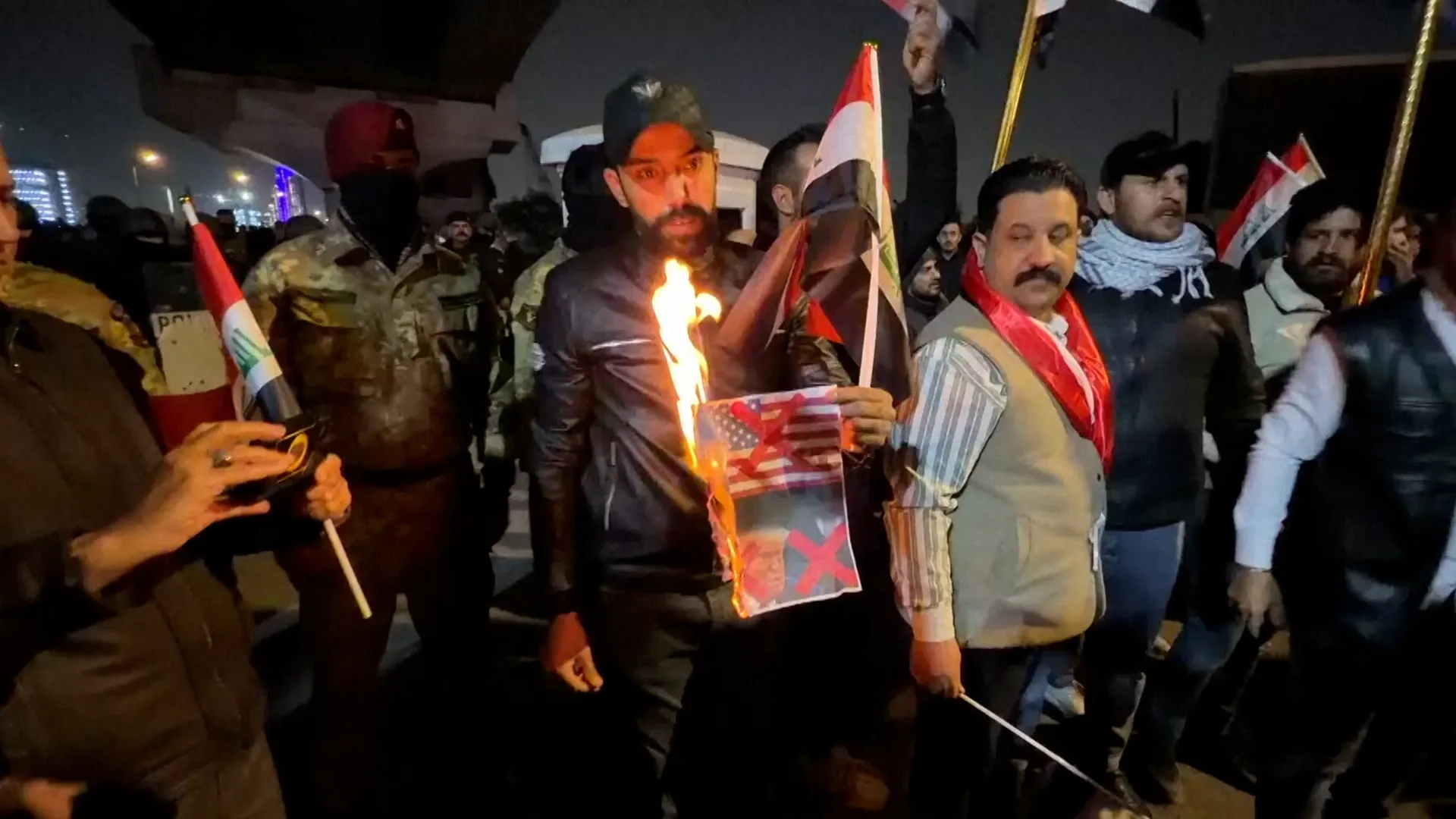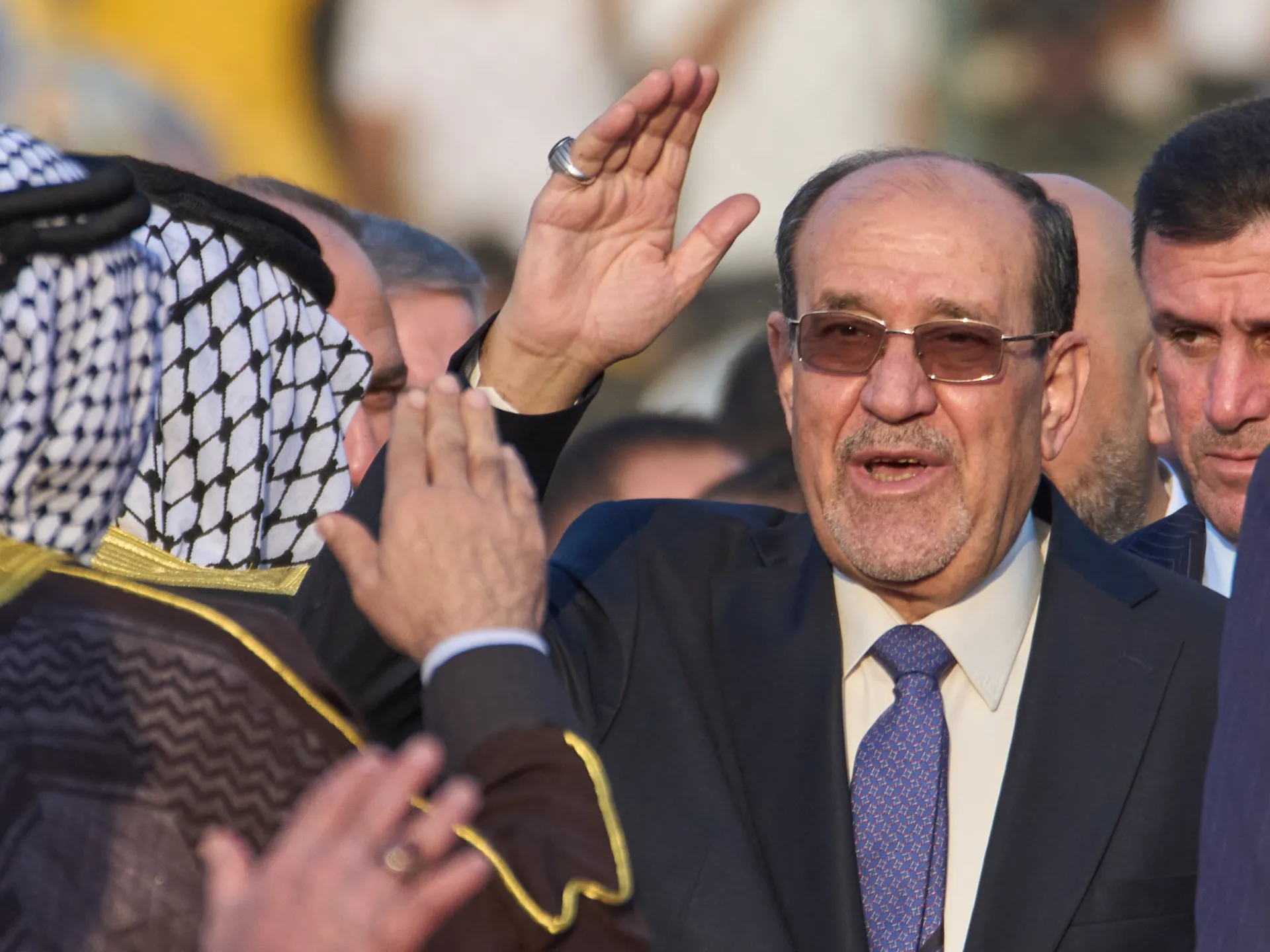Democrats Take Bush to Task on Iraq
WASHINGTON — Democratic presidential candidates are stepping up their assault on President Bush’s handling of Iraq, increasingly faulting the White House for failing to anticipate or avert the tumult that has engulfed the war-torn nation.
The Democrats have urged Bush to rely more on allies to help stabilize Iraq, reviving past criticism that the administration is too reluctant to work with the international community. And they have questioned Bush’s credibility after White House officials conceded this week that part of his case for going to war was based on incomplete intelligence.
The escalating attacks signal a sense among the Democratic campaigns that Bush may be vulnerable on a front that has been his strength — national security.
Bush couched the conflict with Iraq as crucial to America’s war on terrorism and basked in the quick overthrow of Iraqi President Saddam Hussein.
Violence Continues
But since Bush triumphantly flew aboard the aircraft carrier Lincoln off San Diego and declared the end of major conflict in Iraq, U.S. occupational forces have been plagued by continuing violence.
Since Bush’s May 1 speech, 31 Americans have died as a result of hostile fire.
On Thursday, in testimony before the House Armed Services Committee, Army Gen. Tommy Franks said U.S. troops are facing 10 to 25 attacks a day by Iraqi insurgents.
Franks, the commander of the war, was grilled by lawmakers about problems — and rising costs — confronting the U.S. effort to rebuild Iraq. He warned that American troops could be there for years.
Franks’ remarks followed Defense Secretary Donald H. Rumsfeld’s estimate on Wednesday that monthly military costs in Iraq total about $3.9 billion — almost double the administration’s projection in April.
These developments — along with the White House’s acknowledgment on Monday that there was insufficient support for Bush’s claim in January that Hussein had tried to buy uranium in Niger for use in a nuclear weapons program — have fueled the growing Democratic criticism of the president on Iraq.
“We lack sufficient forces to do the job” of restoring order in Iraq, Sen. John F. Kerry of Massachusetts said Thursday. “It is time for the president to step forward and tell the truth: The war is con- tinuing and so are the casual- ties.”
Kerry, who like several other Democratic presidential candidates supported the congressional resolution last fall that authorized Bush to use force against Iraq, released his own four-point plan for reconstructing the country.
Former Vermont Gov. Howard Dean, campaigning in New Hampshire on Thursday, berated Bush for making the claim in his State of the Union address that Iraq had tried to buy uranium.
Resignations Sought
Dean, whose rise in the Democratic race has been based largely on his opposition to the war, called for the resignation of any administration official responsible for the mistake.
“Anyone who deliberately misled the president about a matter as serious as sending our troops to war should resign — whoever that might be,” he said.
Meanwhile, the Democratic National Committee sent an e-mail to activists seeking donations to pay for a television ad questioning Bush’s credibility on Iraq.
Democrats in Congress joined in the criticism of Bush’s postwar policy.
Sen. Joseph R. Biden Jr. of Delaware, backed by other Democrats, sponsored a measure that urged Bush to seek military support from NATO and the United Nations in the occupation of Iraq.
The measure passed 97 to 0; because it was nonbinding, few saw it as an accurate measure of likely divisions among lawmakers over how far Bush should go in seeking international aid.
But Biden said there was broad bipartisan anxiety about the rockiness of the postwar period.
“Find me somebody on the floor who says, ‘This is going great,’ ” Biden said.
The barbs from Democrats have intensified as a recent poll indicated that the pub- lic has an increasingly nega- tive view of the situation in Iraq.
The Pew Research Center for the People & the Press found fewer than one-quarter of those surveyed in June and July thought that the U.S. effort was going “very well” — down from 61% in mid-April.
Still, the poll found little sign that those anxieties had seriously hurt Bush’s political position — 63% of those surveyed said there was a “good” chance or “some” chance they would vote for him in 2004.
The Democrats “need a lot more than some screwed-up intelligence report to really be able to peck at the president on foreign policy,” said a Republican political consul- tant close to the Bush cam- paign.
But he added: “If three months from now things aren’t any better [in Iraq], people are going to be asking: ‘What’s the plan, Stan?’ ”
The more pointed Democratic criticism of Bush stands in contrast to the wartime posture of most candidates.
Among the party’s major candidates, only Dean and Sen. Bob Graham of Florida opposed the decision to attack Iraq.
Along with Kerry, those supporting the war were Rep. Richard A. Gephardt of Missouri and Sens. Joe Lieb- erman of Connecticut and John Edwards of North Caro- lina.
Coalition Urged
The emerging critique among the candidates of Bush’s handling of Iraq echoes the argument some used against him before the war: that he has been too reluctant to build a coalition of allies to share cost and responsibilities.
“The United Nations, European Union, NATO — all have to be involved,” Ed- wards said at a recent town hall meeting in New Hamp- shire.
“We should welcome their involvement. It gives us a chance to re-engage in the international community.”
Kerry, in the plan he unveiled, called on the administration to increase troop strength in Iraq by adding coalition soldiers.
He also proposed more rapid training of Iraqi troops for security functions, development of a clear plan for transferring power to Iraqis and increased efforts to improve basic services such as electricity and water.
“The administration went to war without a thorough plan to win the peace,” said Kerry.
“It’s time to face that truth and change course.”
This week Lieberman mounted a similar attack in an opinion article in the Washington Post.
“Enough time has passed to conclude that what we are doing is not working,” said Lieberman. “The administration has … mishandled the efforts to get key allies on board….”
Erik Smith, a spokesman for Gephardt, said the congressman and other candidates have been arguing for some time that the presi- dent had not adequately pre- pared a postwar strategy for Iraq.
The criticism “takes on a new urgency in light of unfolding events,” said Smith.
“Voters are increasingly concerned about it.”
*
Times staff writers Mark Z. Barabak and Ronald Brownstein contributed to this report.

